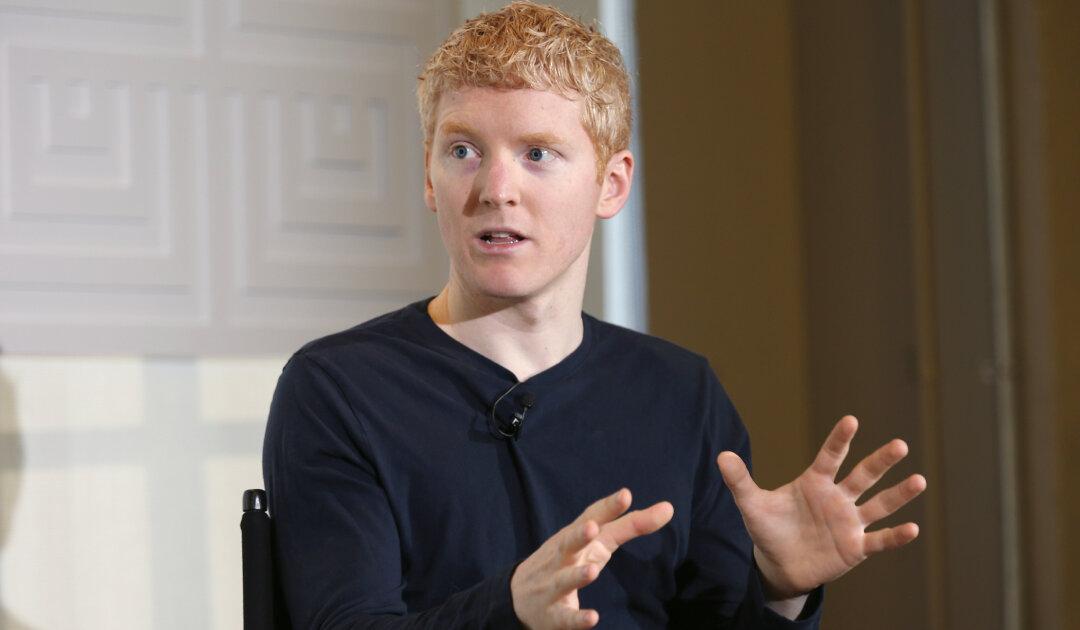British soccer fans should be wary of rooting for their team by making them a password.
Liverpool, Chelsea, Arsenal, Manchester United, and Everton are all passwords that have been compromised hundreds of thousands of times, according to research published by the National Cyber Security Centre (NCSC) on April 21. Using numbers is even riskier, especially if it’s 123456. The study revealed that the number series was the most cracked password, with 23.2 million people worldwide having experienced a breach.




